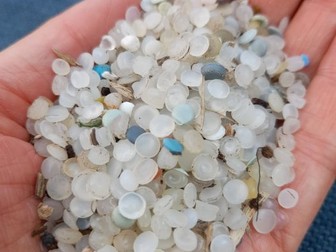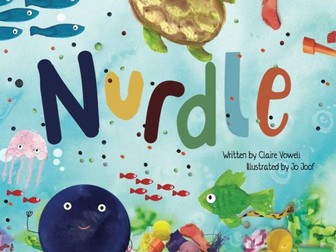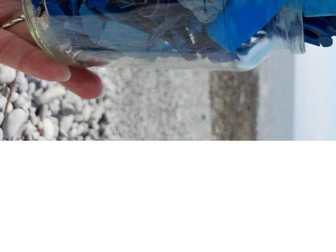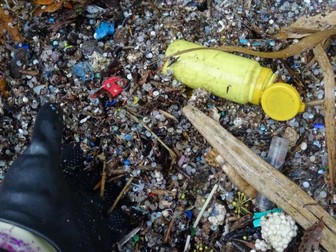Nurdle Q and A with Claire
<p>This resource is a question and answer sheet with Nurdle author Claire.</p>
<p>Nurdles are pre-production microplastics used to make all plastics.<br />
These questions share all the facts you will need to know to talk to children about nurdles, plastics and ocean plastics.</p>
<p>These resources are designed to accompany a unit of work using the chidlren’s book Nurdle.</p>
<p><a href="http://www.nurdlenerd.co.uk" target="_blank" rel="nofollow">www.nurdlenerd.co.uk</a><br />
@nurdlenerd</p>



